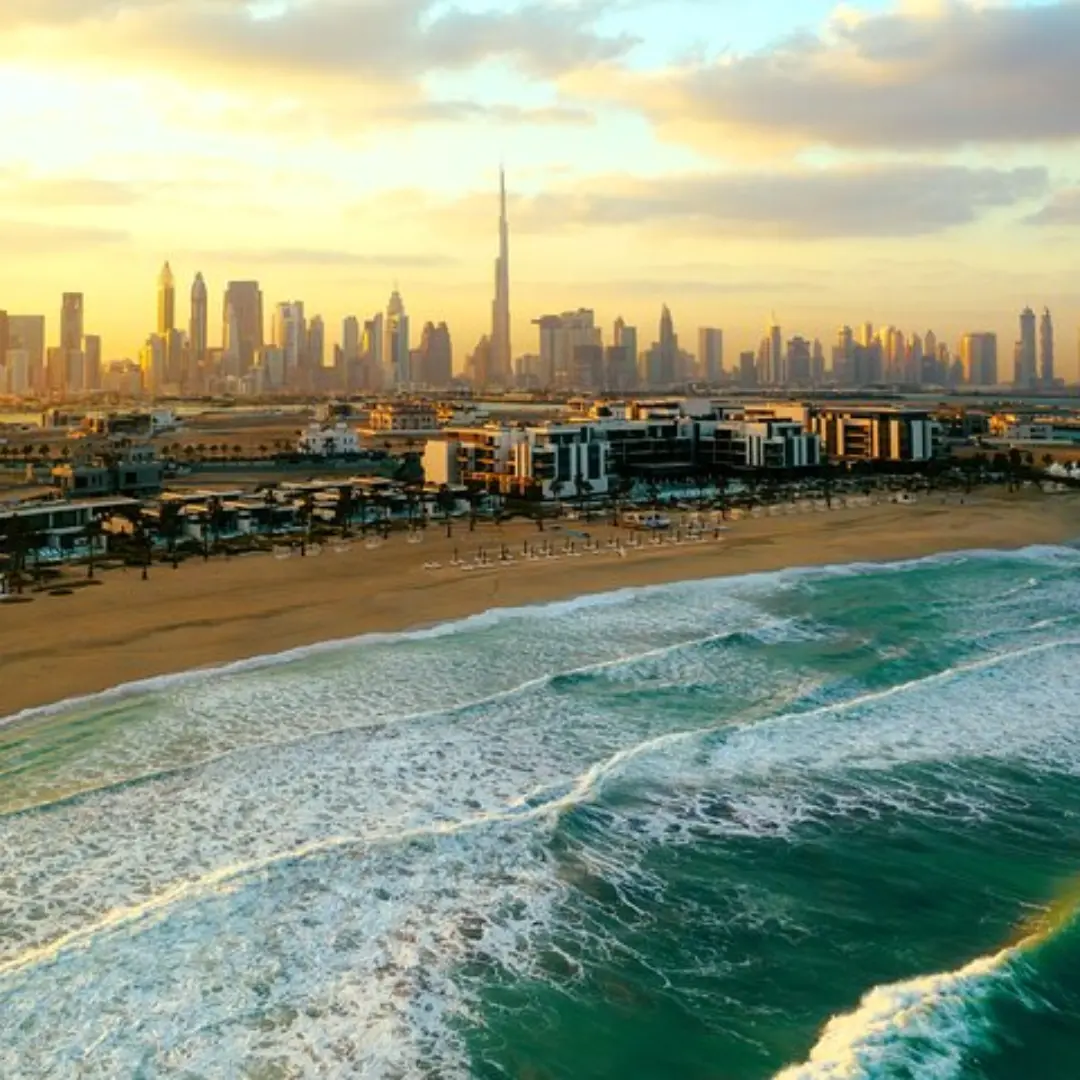In 2024-2025, the United Arab Emirates (UAE) is projected to maintain its role as the leader in economic growth among Gulf Cooperation Council (GCC) countries. This anticipated continuation of economic dominance is underpinned by several key factors and strategic initiatives aimed at fostering resilience and expansion across various sectors.
One of the primary drivers of the UAE’s economic growth is its diversified economy. Unlike many of its GCC counterparts heavily reliant on oil and gas, the UAE has successfully diversified its economic base over the past few decades. The country has invested heavily in sectors such as tourism, real estate, financial services, logistics, and manufacturing. This diversification strategy has enabled the UAE to mitigate the impact of fluctuating oil prices and global economic uncertainties, providing a stable foundation for sustained growth.
Strategic initiatives play a crucial role in the UAE’s economic resilience and expansion. The government’s proactive approach includes large-scale infrastructure projects, such as Expo 2020 Dubai, which has not only boosted the construction and hospitality sectors but also enhanced the country’s global reputation as a hub for business and tourism. Additionally, initiatives like Vision 2021 and Vision 2030 are driving innovation, entrepreneurship, and sustainable development across various sectors, further contributing to economic growth.
The UAE’s strategic geographical location also plays a significant role in its economic prowess. Situated at the crossroads of Europe, Asia, and Africa, the UAE serves as a vital hub for trade, logistics, and finance. Ports like Jebel Ali in Dubai and Khalifa Port in Abu Dhabi are among the busiest in the region, facilitating the flow of goods and services. Moreover, the UAE’s advanced logistics infrastructure, including airports and free zones, supports seamless connectivity and enhances its attractiveness as a global business hub.
Furthermore, the UAE government’s commitment to economic diversification and sustainability is evident through policies promoting foreign investment, innovation, and the knowledge-based economy. Initiatives such as the UAE Vision 2021 aim to transform the economy by focusing on sectors like technology, renewable energy, and healthcare. These efforts not only create new opportunities for businesses and investors but also drive job creation and enhance the country’s competitiveness on the global stage.
In conclusion, the UAE’s anticipated leadership in economic growth for 2024-2025 is a testament to its strategic vision, diversified economy, robust infrastructure, and proactive policies. By continuing to invest in key sectors and implementing forward-thinking initiatives, the UAE is well-positioned to navigate global economic challenges and sustain its growth trajectory in the coming years.









